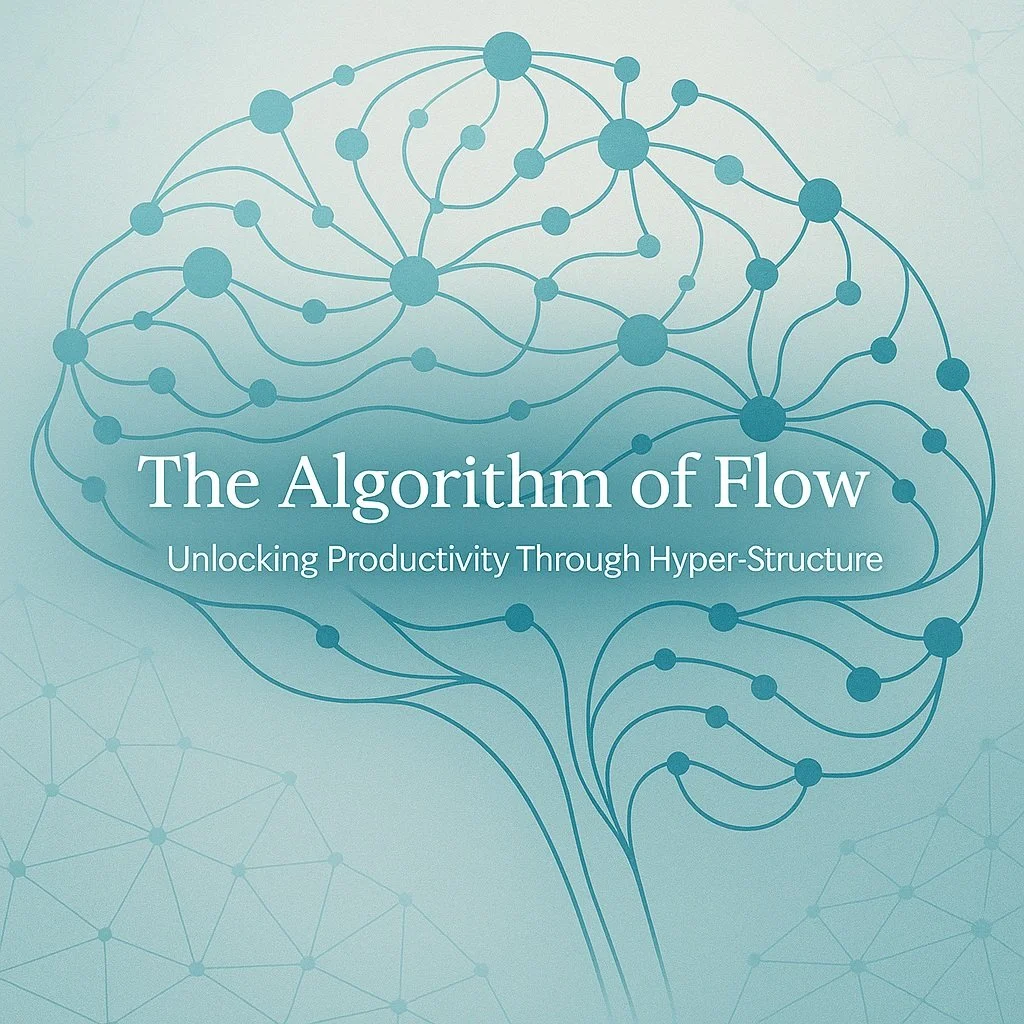Stop Babysitting: Why Your Invisible Labor Isn't Leadership
You started out convinced you were leading a team, steering strategy, and driving toward a great vision. But somewhere along the line, your focus shifted. You didn't realize when it happened, but now you see it clearly: you’re not leading at all. Instead, you’ve become the sole caretaker of an entire system that no one else wants to stabilize: messy, unstable, ever-shifting, and zero-gratitude.
No longer is your calendar filled with innovation or meaningful progress. It’s a logistics war zone. You’re dealing with who’s covering the shift, who dropped the ball, how to hold a meeting that won’t detonate, and when to tiptoe because the room vibrates with tension before anyone says a word.
This isn’t leadership. It’s invisible crisis logistics—thankless, invisible, and utterly unsustainable.
The Invisible Load
The trap is subtle. You become the one who notices what needs noticing. You anticipate the risks before they become crises. You remember the client’s deadline, catch the detail that could derail the project, and make sure morale doesn’t implode after a bad week. You do the mood triage, the quiet conflict resolution, and the repair work no one names.
When you’ve morphed into the project’s unacknowledged shock absorber, you’re stepping into invisible roles like:
The crisis mitigation lead
The on-call morale doula
The one de-escalating conflicts no one else will touch
The person absorbing complaints just to “keep the peace”
And here’s the cruelest twist: If you do it well, it’s invisible. The absence of fires becomes your only feedback. Nobody thanks the smoke alarm that didn’t go off because the fire never happened.
Truth Time: The System Rewards Your Silence
It didn’t start like this. At first, you gave freely from instinct, from care, and from wanting to lead well. But slowly, the tides turned. Their comfort became more urgent than your capacity. Your needs—time, space, rest—became inconvenient.
Workplaces confuse leadership with emotional labor. They train certain people to be forecasters, soothers, and sustainers. Because you’re good at it, the system rewards you with silence. With the silent assumption that you’ll handle it.
Meanwhile, those who avoid these invisible tasks are never forced to stretch or develop competency. They wait to be told what to do, and when they finally "help," they require step-by-step instructions. This isn't helpful collaboration—it's weaponized incompetence. You find yourself, effectively, promoted to Consultant of Tasks They Should Already Own.
That’s not collaboration. That’s learned helplessness in a smile. The longer you hold all the weight, the more the system depends on your silence.
The Shift: How to Lead Better
You can’t babysit a broken system into sustainability. The way out is to stop managing people 24/7 and start building the structures that force shared accountability. Your job is to create the framework, not carry the emotional burden for everyone who operates within it.
To move from babysitter to true leader, focus on providing scaffolding that allows people to become mini-leaders themselves:
Stop Absorbing, Start Documenting: Instead of quietly fixing errors or soothing moods, make the invisible visible. When a gap appears, don't fill it. Instead, document the gap and the consequence of not having a clear process. The failure wasn't in the effort; it was in the absence of systems.
Define Clarity of Process: Ambiguity kills momentum faster than mistakes. Your role is to define how work is tracked and how decisions are recorded. This creates a solid trail of evidence that strong systems provide.
Implement Accountability Loops: Turning acknowledgment into action. A list of tasks means nothing unless someone is specifically responsible for completing them. Distribute the noticing and the fixing. Real leadership means shared load, shared noticing, and shared accountability.
Put Down the Clipboard: Put it down! The hardest step is stepping back. You must allow the discomfort. When you stop smoothing over every fracture, the silence will reveal what’s been left undone. That gap is where the system is forced to grow.
Real leadership isn’t about bridging every gap at all costs—it’s about building systems where effort is shared, accountability is distributed, and the invisible becomes visible.
You weren’t hired—or born—to keep broken systems from crying themselves to sleep. You’re here to lead.
Step back and reflect:
Where do you see this in your own work?
Have you ever caught yourself babysitting a system instead of actually leading?
How did you pull yourself out—or what would it take?
Share your story in the comments below.
Speak soon!
































For decades, I lived inside a storm I couldn’t name. A restless mind. A body always braced. A heart that felt heavier than it should. I blamed myself. I blamed circumstances. I worked harder, tried harder, forced myself into routines that never stuck. I spent years believing I was simply too much and not enough at the same time.
Then, a diagnosis reframed everything.